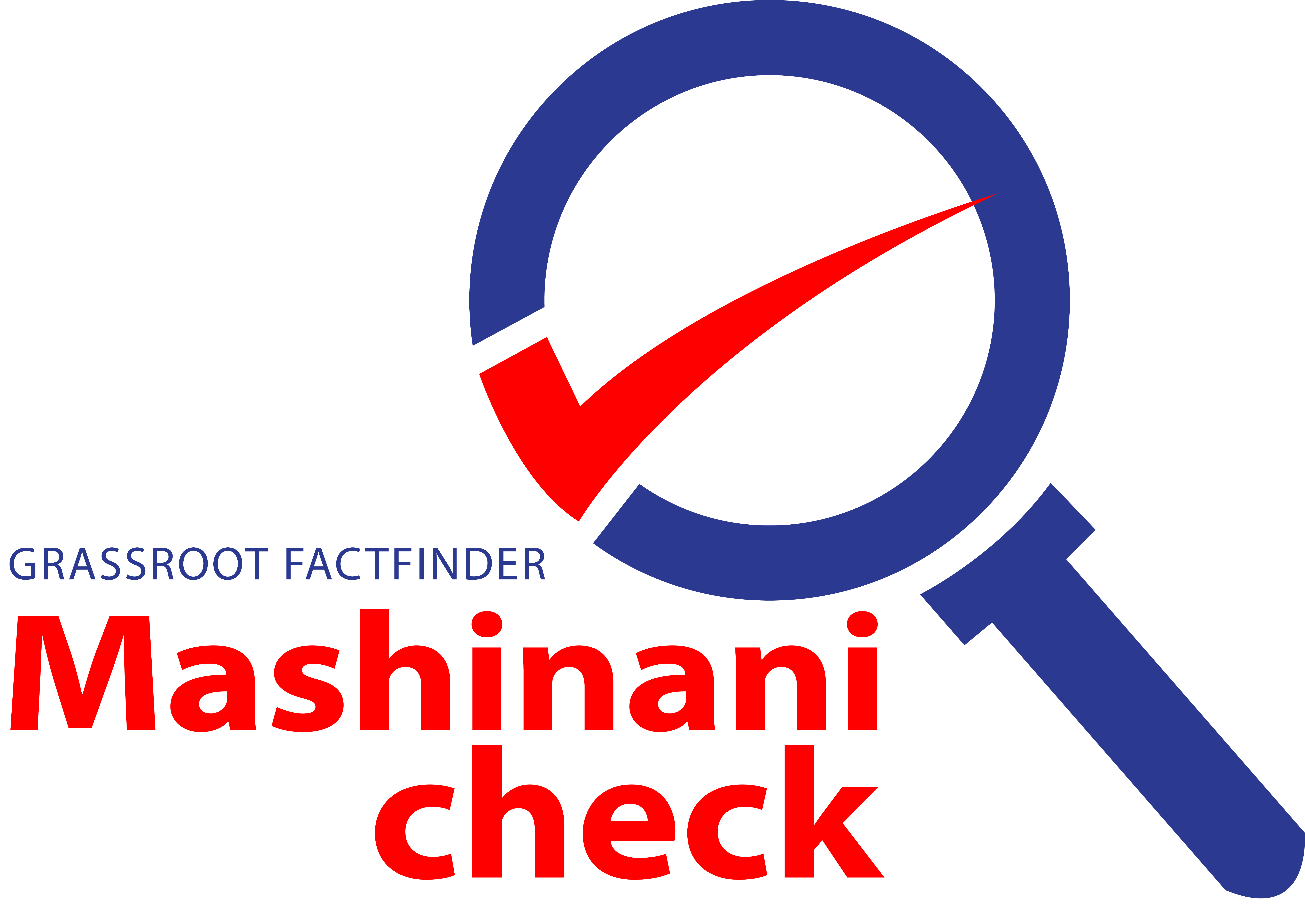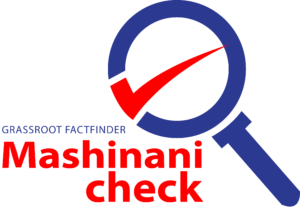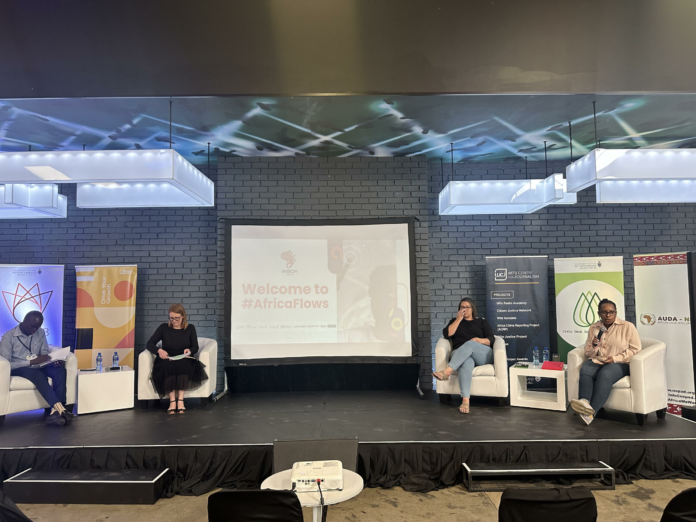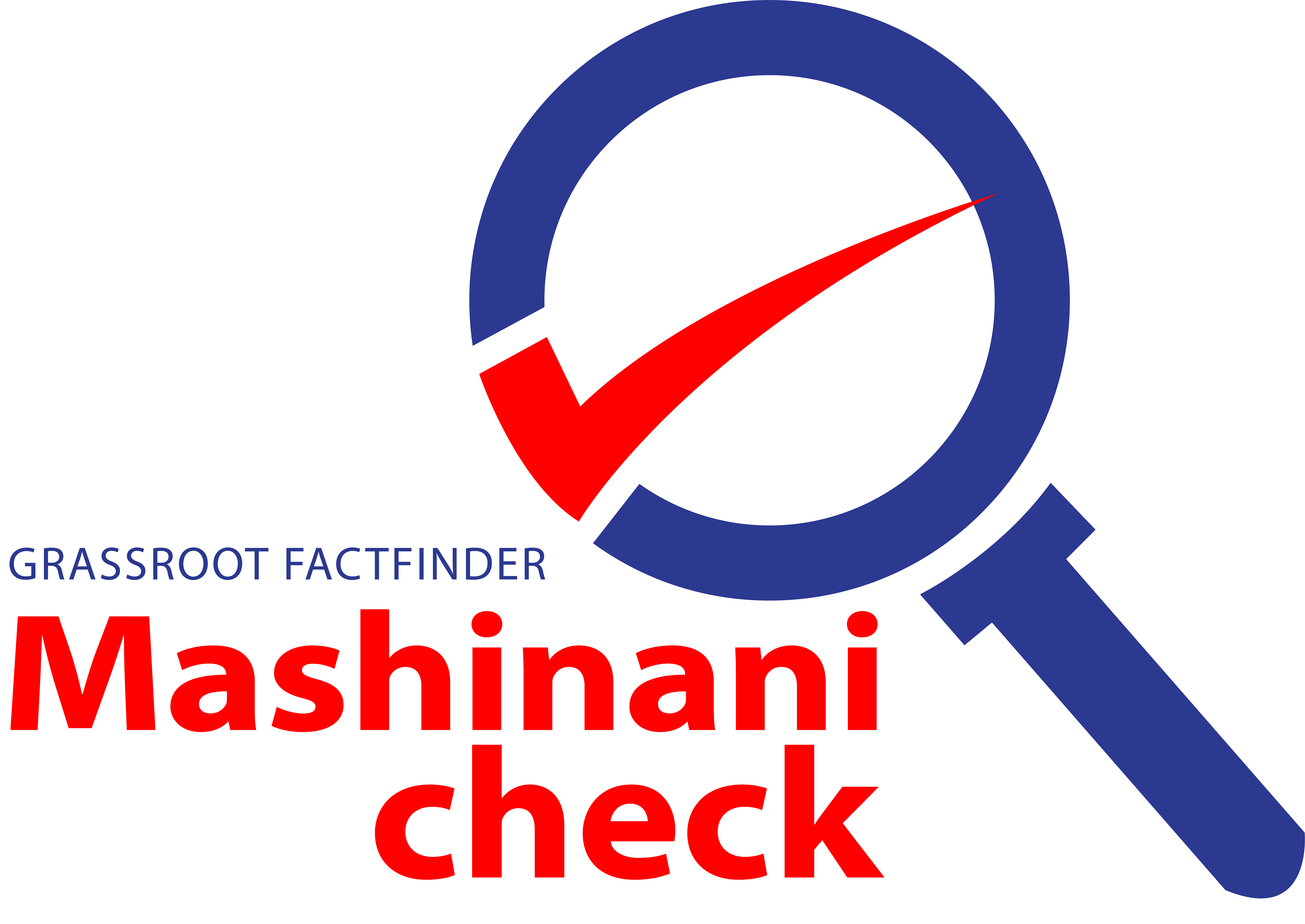BY JAMFEST
Misinformation and disinformation are not only a threat to democracy but a direct threat to the sustainability of credible news media, says a media watchdog group.

In recent years, there has been increasing concern about the ability of disinformation to influence the outcomes of elections and its potential threat to democracy. In 2024, approximately 74 different elections are happening around the world, with 21 elections being held in Africa. As these countries face an evolving threat, fact-checking and media-monitoring groups are finding ways to mitigate this harm.
“The danger of disinformation and election is that when you are dealing with such an already volatile tense environment during an election period, such as in South Africa, you have a voting public who are sitting on the fence about whether they should vote or not, not understanding the voting politics, the dynamics and the electoral process,” said Thandi Smith, Media Monitoring Africa’s head of programmes during a panel discussion on misinformation versus disinformation in Africa at the recent Jamfest conference under the theme #AfricaFlows.
Media Monitoring Africa (MMA) was established in 1993 and acts as a watchdog, taking on a role to promote ethical and fair journalism that supports human rights. They promote democracy and a culture where the media and the powerful respect human rights to encourage a just and fair society. MMA uses technology, social media, and data tools to conduct successful media strategies for change, making their work more efficient and impactful. MMA’s vision is to develop a free, fair, ethical, and critical media culture in South Africa, and across the African continent.
Smith was joined by Carina van Wyk, head of education and training at Africa Check, Jibi Mering Moses, associate editor at 211 Check. and Pheladi Sethusa, lecturer at the Wits Centre for Journalism who moderated the panel. Disinformation is false or misleading information that is spread to cause harm while misinformation is defined as unintentionally sharing misleading or false information
“Our goal is to reduce the spread of false information and to provide the public with accurate information so they can make well-informed decisions, especially now in the lead-up to the elections,” said Van Wyk. Africa Check, the continent’s first independent non-profit fact-checking organisation, was established in South Africa in 2012. The fact-checking organisation identifies important public statements, interrogates the best available evidence and publishes fact-checking reports to guide public debate. The fact-checking group debunks false information, including that which is found on WhatsApp. Van Wyk said during an election period or other major events such as Covid or xenophobic attacks, there is an increase in fake or altered videos, images and information. Since 2015, Africa Check has trained 10,000 people in fact-checking verification.
211 Check, is South Sudan’s first and only independent fact-checking and information verification flagship project established in March 2020 to counter Covid-19 dis/misinformation. Since then, the initiative has continued to grow in its scope of work. Moses said that the conflict in South Sudan is a result of ethnic division and that when information is shared online, people are sceptical because of the conflict. He said as a small fact-checking organisation, that is tasked with fact-checking information for a country with a population of over 10 million people, it is challenging and the ethnic division aggravates the mistrust in the country. 211 Check provides training on fact-checking and has introduced a fact-check-for-pay programme that encourages citizens to fact-check information, which instils a culture of fact-checking in the country.
Source, Jamlab.Africa





